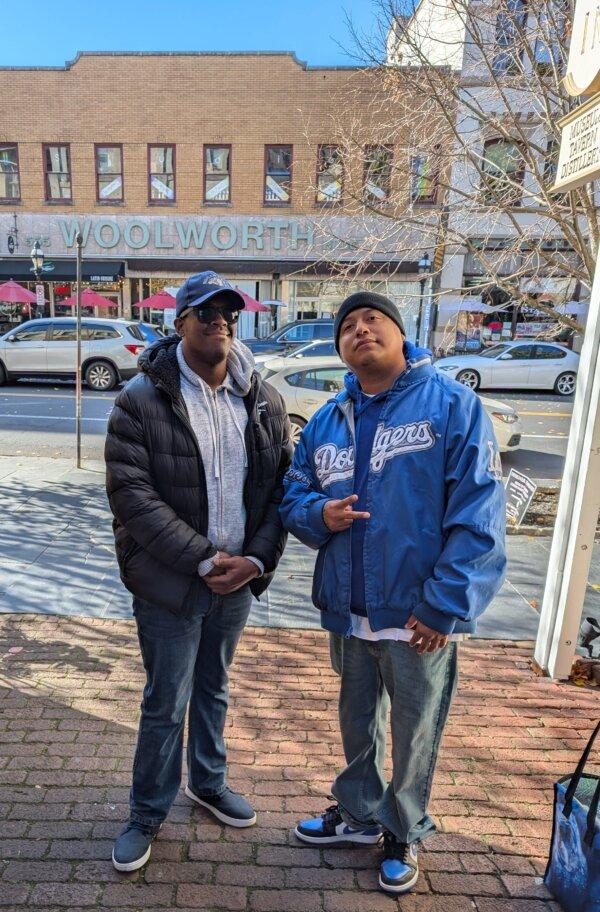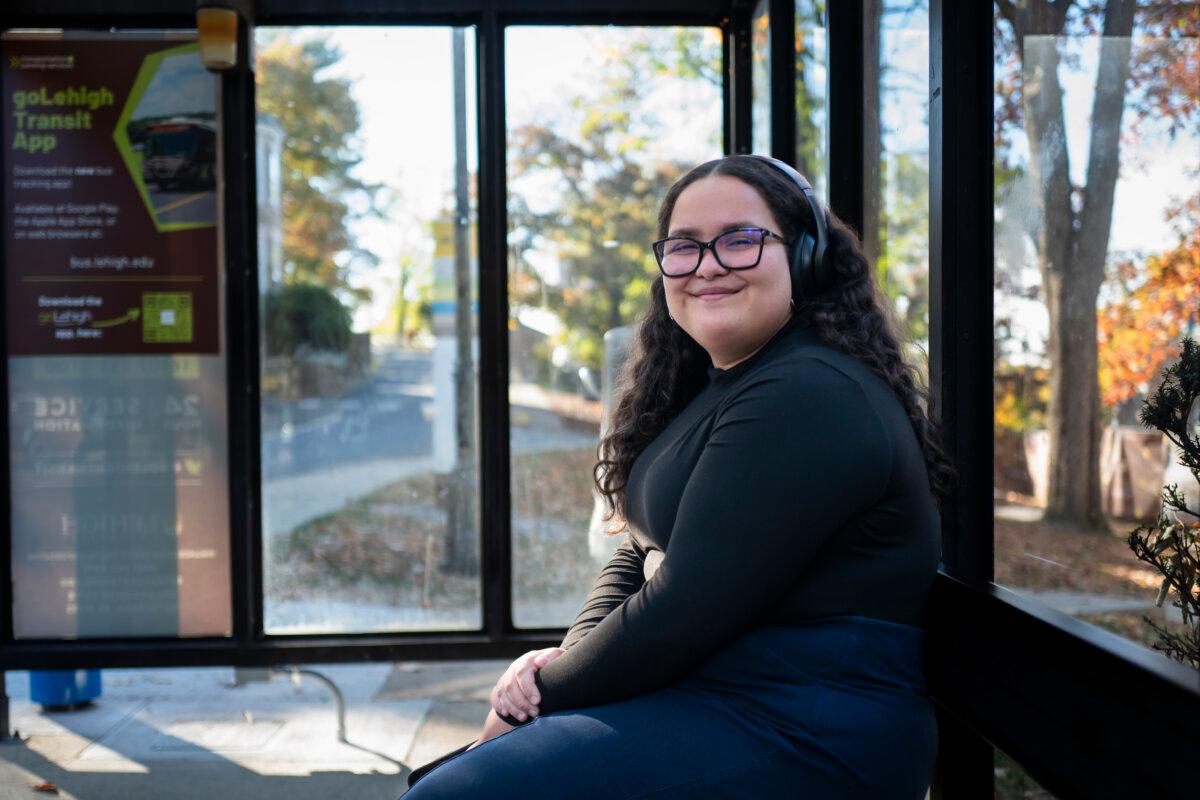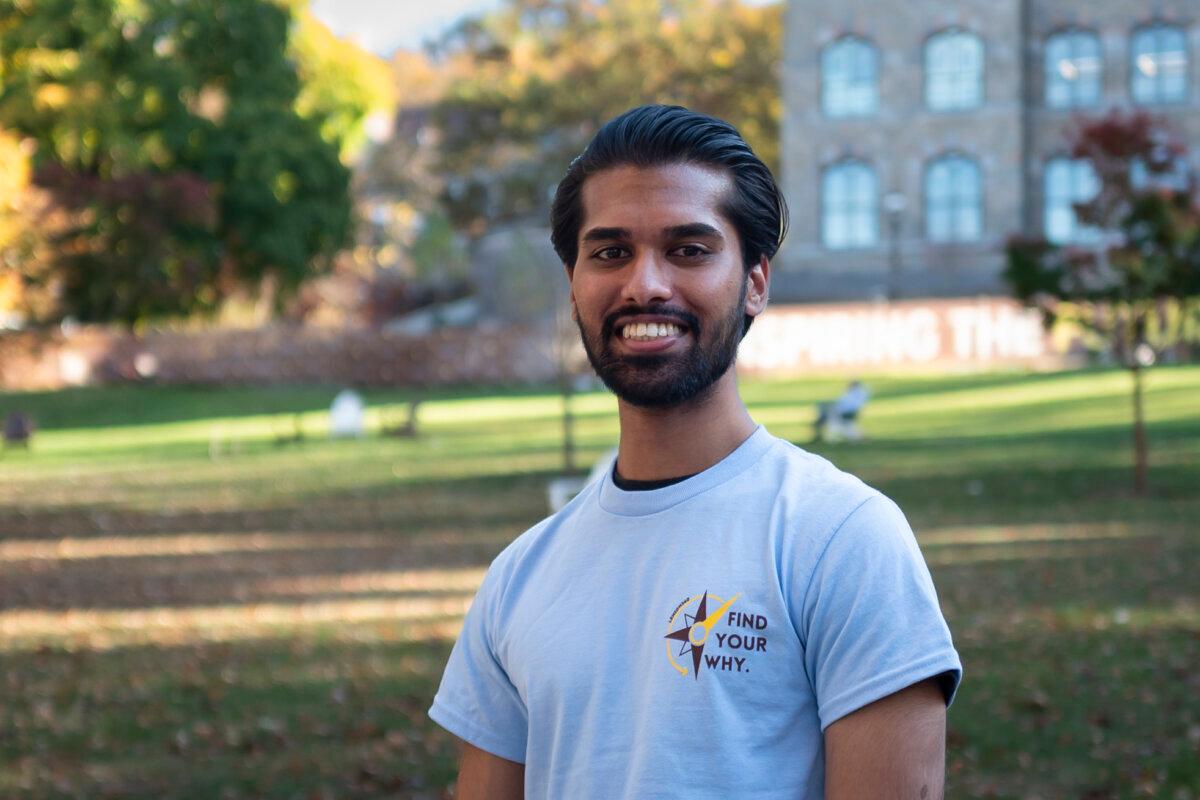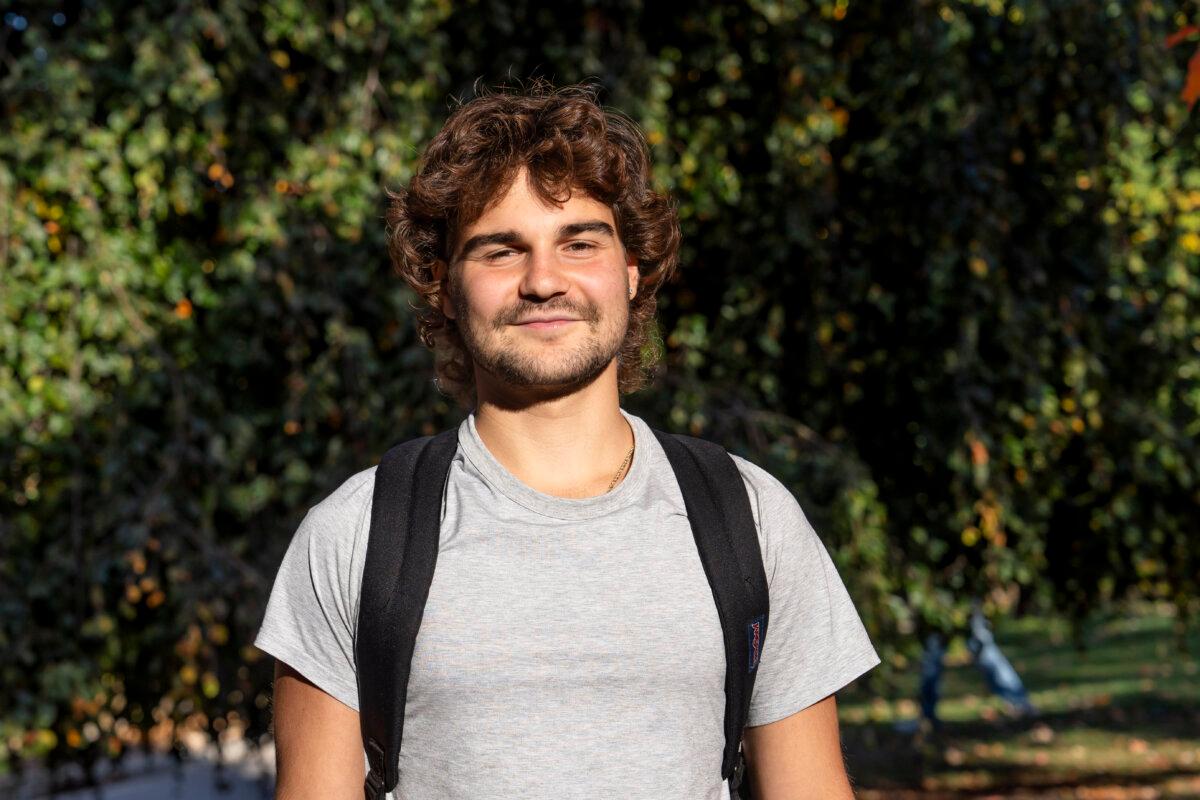Northampton County, located in eastern Pennsylvania, is a microcosm of the Keystone State, which is the largest battleground in the U.S. It has been a bellwether in recent presidential elections, with its political diversity reflecting the national and state demographics accurately. The county’s evolution from its industrial past to a more diverse economy has attracted residents from nearby cities like New York and Philadelphia, leading to a significant population growth. The political landscape in Northampton County has shifted over the years, with the GOP narrowing the voter registration gap with the Democrats. The county’s mix of blue-collar workers, independents, and moderate Republicans makes it a key battleground in determining the outcome of elections. According to the census data, 8.3 percent of residents in Northampton County are Black, and 15.9 percent are Hispanic or Latino.
Trump has seen an increase in support among Hispanic voters over the past eight years, but the controversial remarks made at his rally in Madison Square Garden about Puerto Rico have caused backlash. Those with Puerto Rican heritage make up 56.4 percent of the Hispanic population in Northampton County.
Modern-day Bethlehem, located in Northampton County, was once a thriving industrial hub that suffered from the offshoring of U.S. manufacturing. The decline of the Bethlehem Steel plant, which was once a major producer of steel, has left the area with abandoned, decaying buildings.
Despite the challenges faced by Bethlehem, there are signs of resurgence in the area, with new developments and businesses contributing to the local economy. Residents, including students at Lehigh University, are concerned about issues such as political unity, access to healthcare, and the economy.
Some voters in Northampton County feel a sense of responsibility due to the county’s status as a bellwether in a battleground state. There is a diverse population in the county, giving various voter groups a chance to have their voices heard.
Concerns about the election results are prevalent among residents, with some fearing the potential impact of a Trump victory. Issues like Social Security and the economy weigh heavily on the minds of voters as they head to the polls.

Babak Kamyab in Bethlehem, Pa., on Oct. 26, 2024. Jacob Burg/The Epoch Times
“I mean, the international situation is a terrible situation,” Kamyab said, referring to the escalating military conflicts in Europe and the Middle East. “But at least I know with [Trump], the Ukraine situation is going to get worse.”
Frankie Lozada, 37, and Timear Haley, 30, both moved to the Lehigh Valley to join Hogar Crea, an international drug rehabilitation program that has a location in nearby Allentown. While Lozada doesn’t pay much attention to politics, Haley is inspired by Harris’s messaging.
“[Her slogan] ‘When we fight, we win,’ it kind of caught me, because I was at a stage in my life where I wanted to give up, and I just didn’t want to live life anymore,” Haley said.
“When she said that, it kind of took to me, and I was just like, I would keep going with her with that slogan, so fight and win. So far, so good, I’ve been a month clean,” he said. Haley hopes to start a business when he gets back on his feet.

Timear Haley (L) and Frankie Lozada (R) in Bethlehem, Pa., on Oct. 26, 2024. Jacob Burg/The Epoch Times
The College Vote
Many of the students at Bethlehem’s Lehigh University are deeply engaged in the 2024 election. For some, it is the first time they’re old enough to cast a ballot.
“I just want younger candidates” and smaller generational gaps between them, Raquel Romero, 19, told The Epoch Times.
“Our financial state right now is absolutely horrible with the fact that living expenses are almost that height of this generation, at least mine,” she said. Bodily autonomy as a woman is also a central issue on her mind this election.
“It’s definitely difficult because it’s almost choosing between two evils. I definitely understand how difficult it could be for the candidates themselves,” Romero said. She sees no quick and easy solutions for inflation, as raising salaries could also increase the prices of goods.

Raquel Romero after an interview with The Epoch Times at Lehigh University in Bethlehem, Pa., on Oct. 25, 2024. Madalina Vasiliu/The Epoch Times
“At the end of the day, we’ve had so many experiences where one candidate says one thing, and then they just never do it,” she added. Romero knows who she’s voting for, but declined to say.
Even though Haksheel Alleck, 23, an international student from Mauritius Island, can’t vote in this election, he’s concerned about illegal immigration and the nation’s geopolitical tension with other countries.

Haksheel Alleck after an interview with The Epoch Times at Lehigh University in Bethlehem, Pa., on Oct. 25, 2024. Madalina Vasiliu/The Epoch Times
He’s also worried about how both candidates could affect visas for international students like himself.
“It’s always on my mind, would my visa still be relevant in the next few years? Would my status change [as] the political landscape changes here?” Alleck added.
Other students, acknowledging the voting enthusiasm among their social circles, expressed frustration with the choices of candidates.
“It’s really sad,” Max Denbow, 20, told The Epoch Times. “It’s also tough because … each candidate has aspects that appeal to me, but I can’t get myself to vote for either of them.”

Max Denbow after an interview with The Epoch Times at Lehigh University in Bethlehem, Pa., on Oct. 25, 2024. Madalina Vasiliu/The Epoch Times
Denbow is writing in his own name on his ballot this year.
When asked what kind of message or agenda he’d like to hear from a future presidential candidate—either Republican or Democrat—to win his vote, Denbow was quick to respond.
“Someone that prioritizes unity. We need to be unified.”






